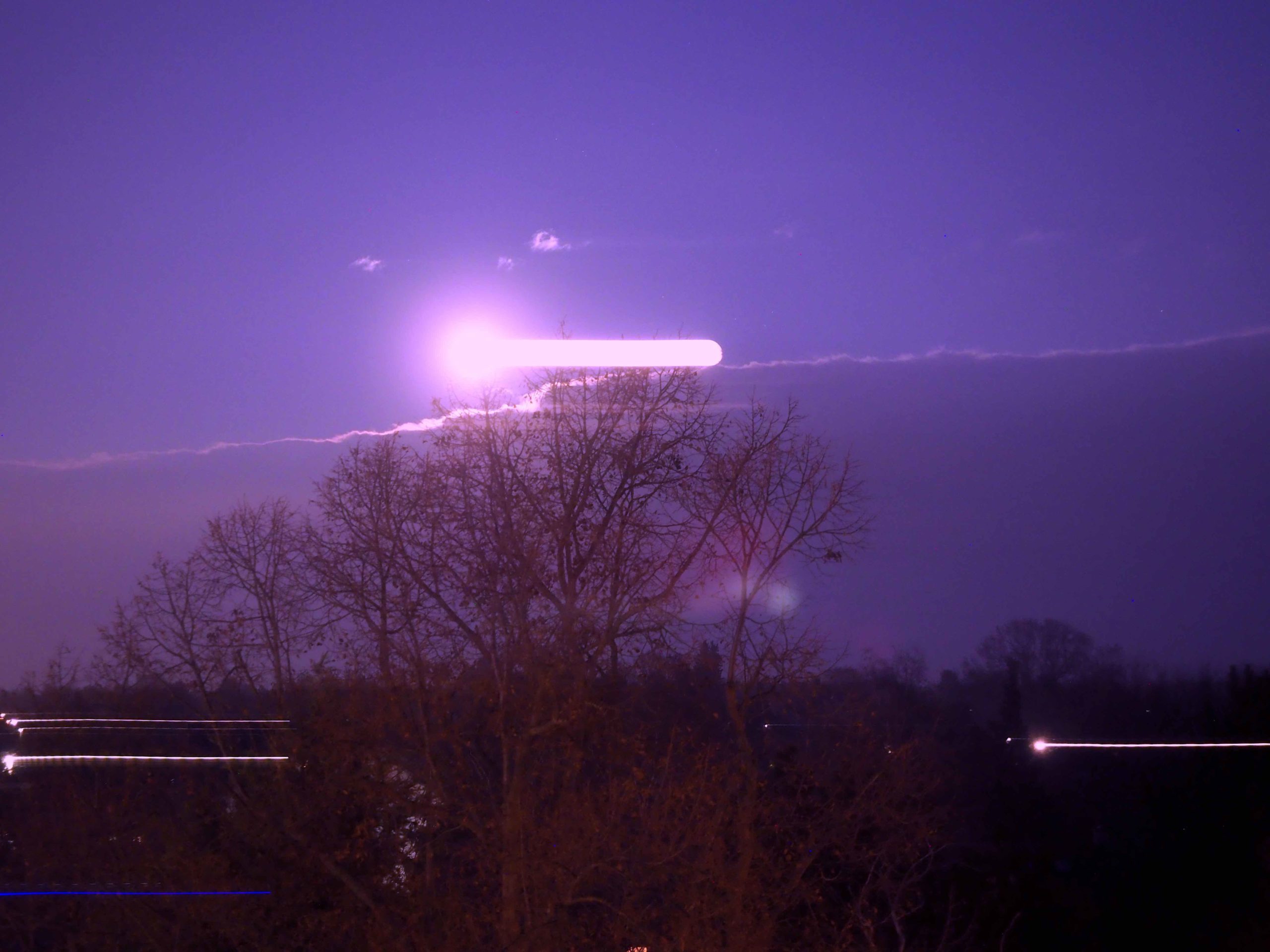
When we studied the research of socio-cultural AI we have found how noticeable is the impact of journalism and social media, along with fake news and deepfakes, presenting via co-occurrence network. According to our article, the contemporary media landscape affected by AI technology has been described this way from the news industry to misleading information. These topics penetrate almost all fields of research in socio-cultural AI. The absolute centre is the news media, mostly connected to journalism. Social media present the news distribution, thus fake news is most connected to these platforms. Deepfakes has a stronger effect on news industry and journalism. In detail, “the key contents of this branching area are political campaigns and revenge porn. In these contexts, it is crucial to identify misleading information and to find proactive solutions to avoid these problems or mitigate their impact. It also confirms the above mentioned problem with missing mitigation plans in policy topics. Organisational, business and public policies will play a critical role in this. These results confirm the pervasive role of AI-powered media in society and culture.” Finding more data and analysis, click on the Elsevier website. The scientific article has been published by Futures with Golden Open Access.
Authors
Senior Research Fellow, Centre of Excellence on Cybereconomy, Budapest Business School University of Applied Sciences, Budapest, Hungary, Fulbright Research Fellow, Department of Communication, Drexel University, Philadelphia, United States
Research Fellow, Department of Quantitative Methods, University of Pannonia, Veszprem, Hungary




